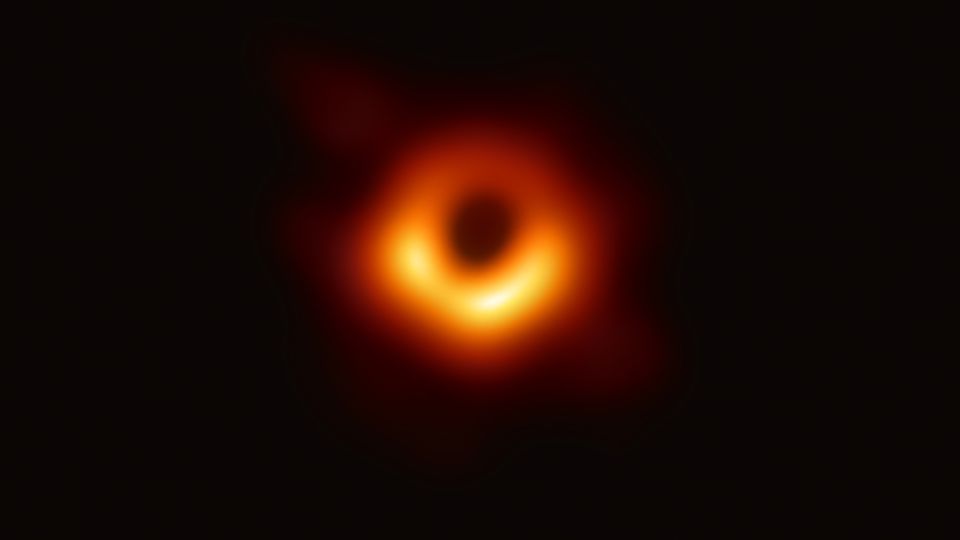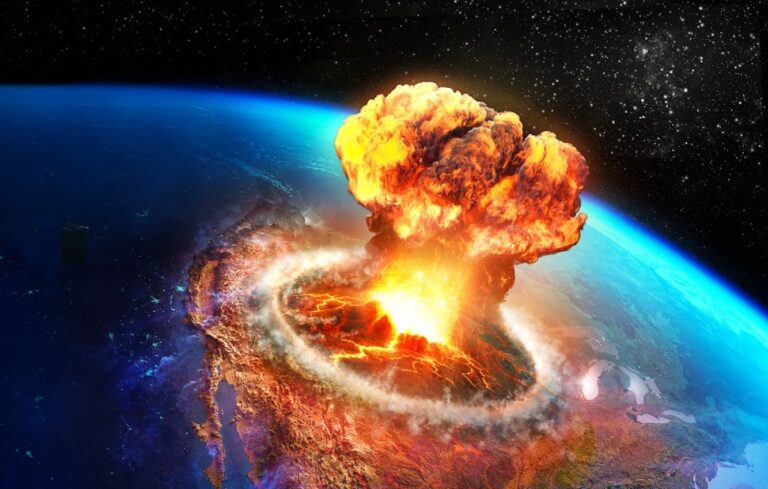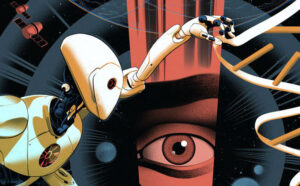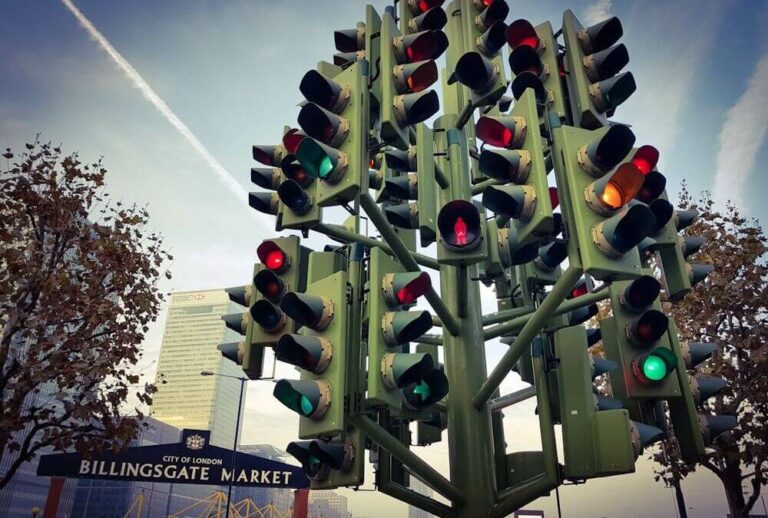
This Wednesday, 10th April 2019 astronomers made a huge announcement, they have captured the first ever image of what seemed impossible, a black hole. A black hole is an anomaly so deep and high in density that even light itself cannot escape its grasp.
Black holes have only existed in science fiction stories and films (remember Interstellar?), in the imaginations of artists , writers and poets and as complex algorithms in high tech computer models. Now it seems that black holes are a reality…
The image showing a ring of light that surrounds a dark circle is located in the heart of the Messier 87 Galaxy, nearly 55 million light years away from our own planet. The image have created a lot of memes with many people comparing the image to the Eye of Sauron from Lord of the Rings. Astronomers captured the image by harnessing the massive jet of energy from a black hole many billion times larger than our sun.
Powerful computers took 2 years to process data from observations from The Event Horizon Telescope – a network of radio antennas around the world. The project involved 200 members, nine high tech telescopes finally producing six papers to be published in the Astrophysical Journal Letters.
According to Einstein, everything becomes trapped within a black hole due to the massive gravitational forces it creates by the sheer amount of matter squeezed into one place. Priyamvada Natarajan, a Yale astrophysicist, said that Einstein would have been delighted at this event.
The announcement was made simultaneously at news conferences in Washington D.C. and 5 other locations worldwide, it was also live streamed. When the image was shown applause and many gasps and cheers could be heard. This news became the most shared for the day.
Black holes have intrigued astronomers around the world for more than 50 years. Way back in the 1950s radio telescopes discovered massive amounts of radio energy from the core of what seemed to be quiet galaxies. It was these discoveries that started the search for black holes, said to be the most luminous objects in the universe.
But the research won’t stop here, the telescope network will only get bigger. In April 2018 a telescope was added in Greenland. This allowed astronomers to capture twice the amount of data than they were able to gather in 2017. In addition to this, 2 more antennas are now being integrated into the Event Horizon Telescope.
Dr. Doeleman said “The plan is to carry out these observations indefinitely and see how things change.”

















+ There are no comments
Add yours